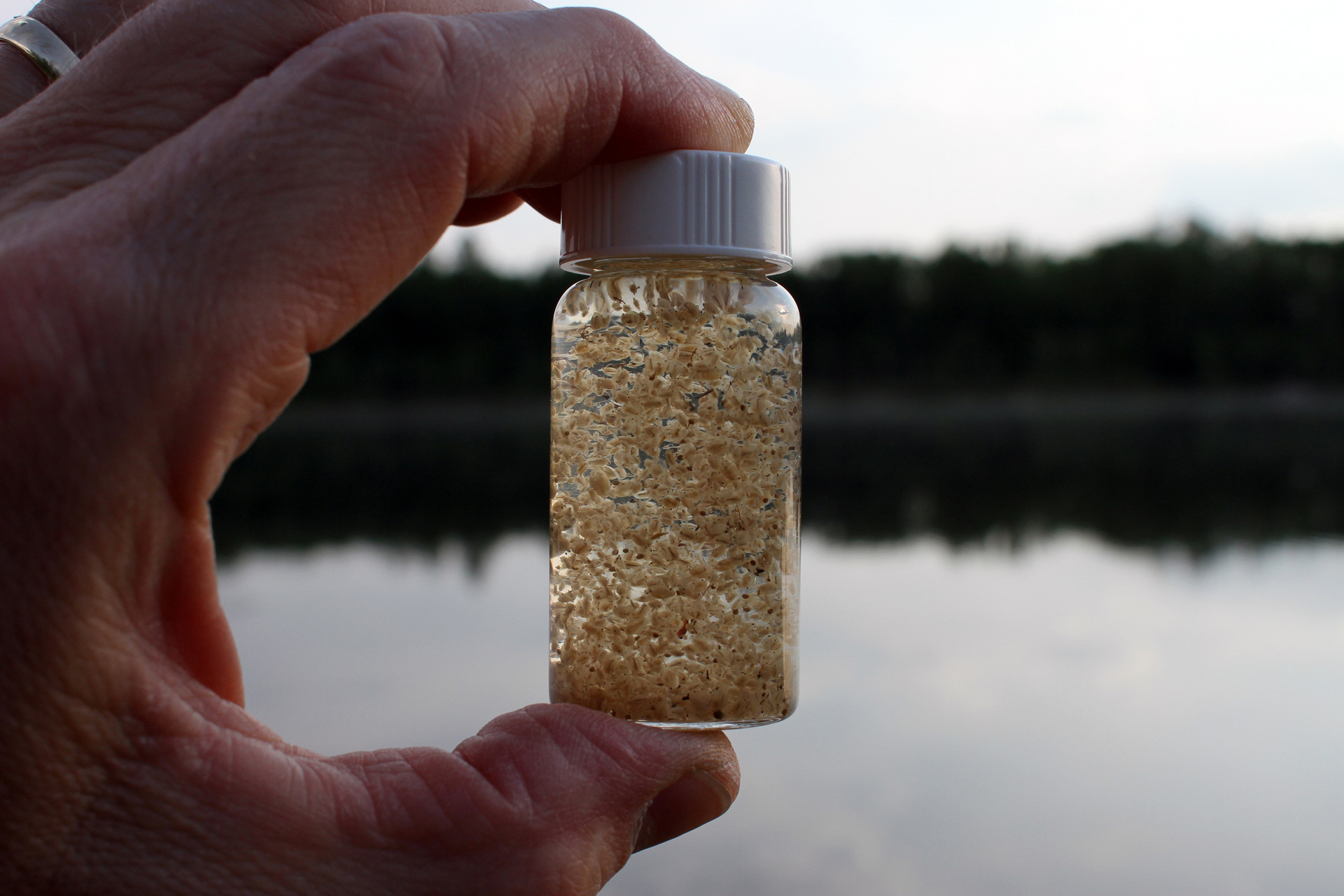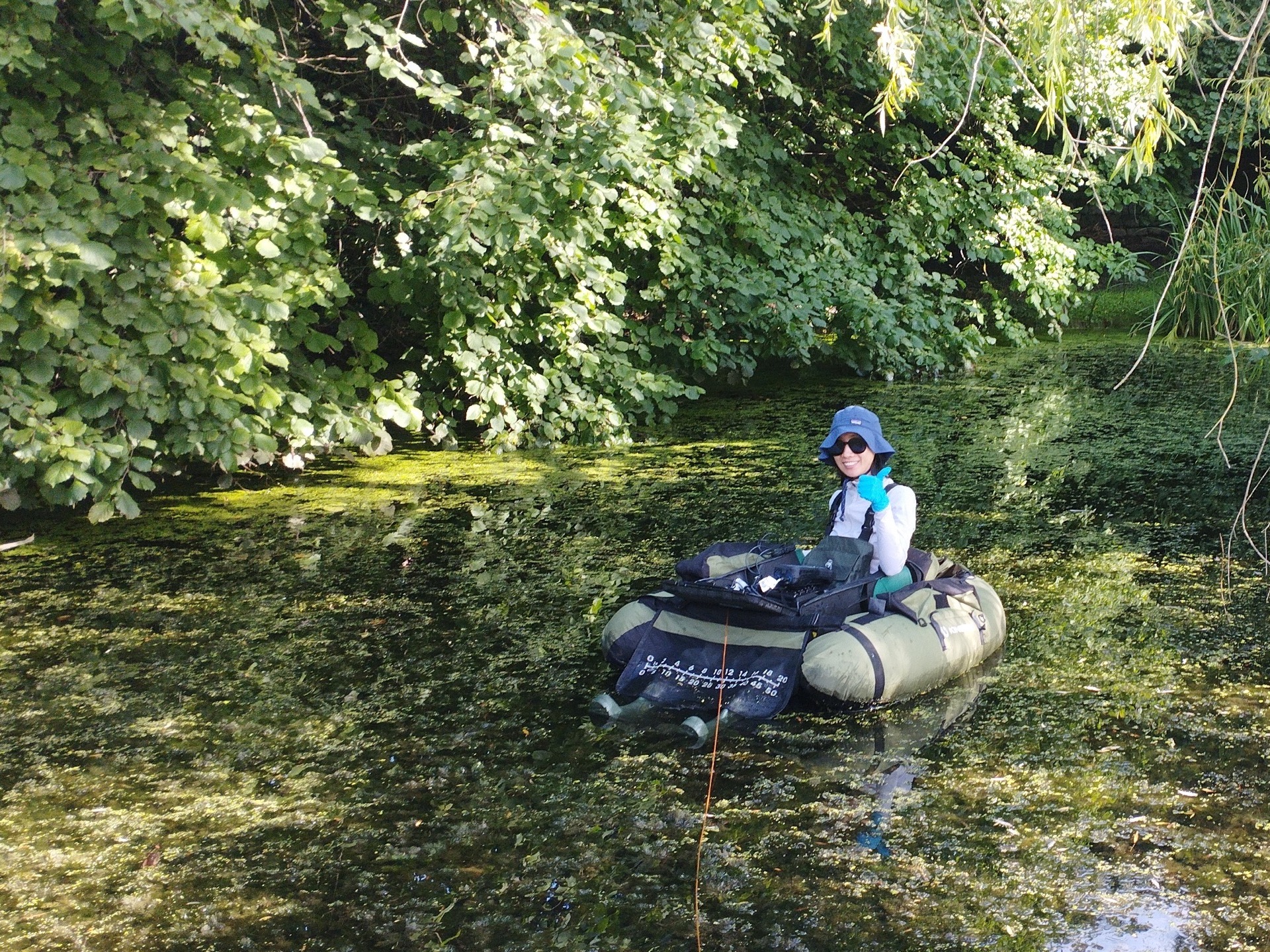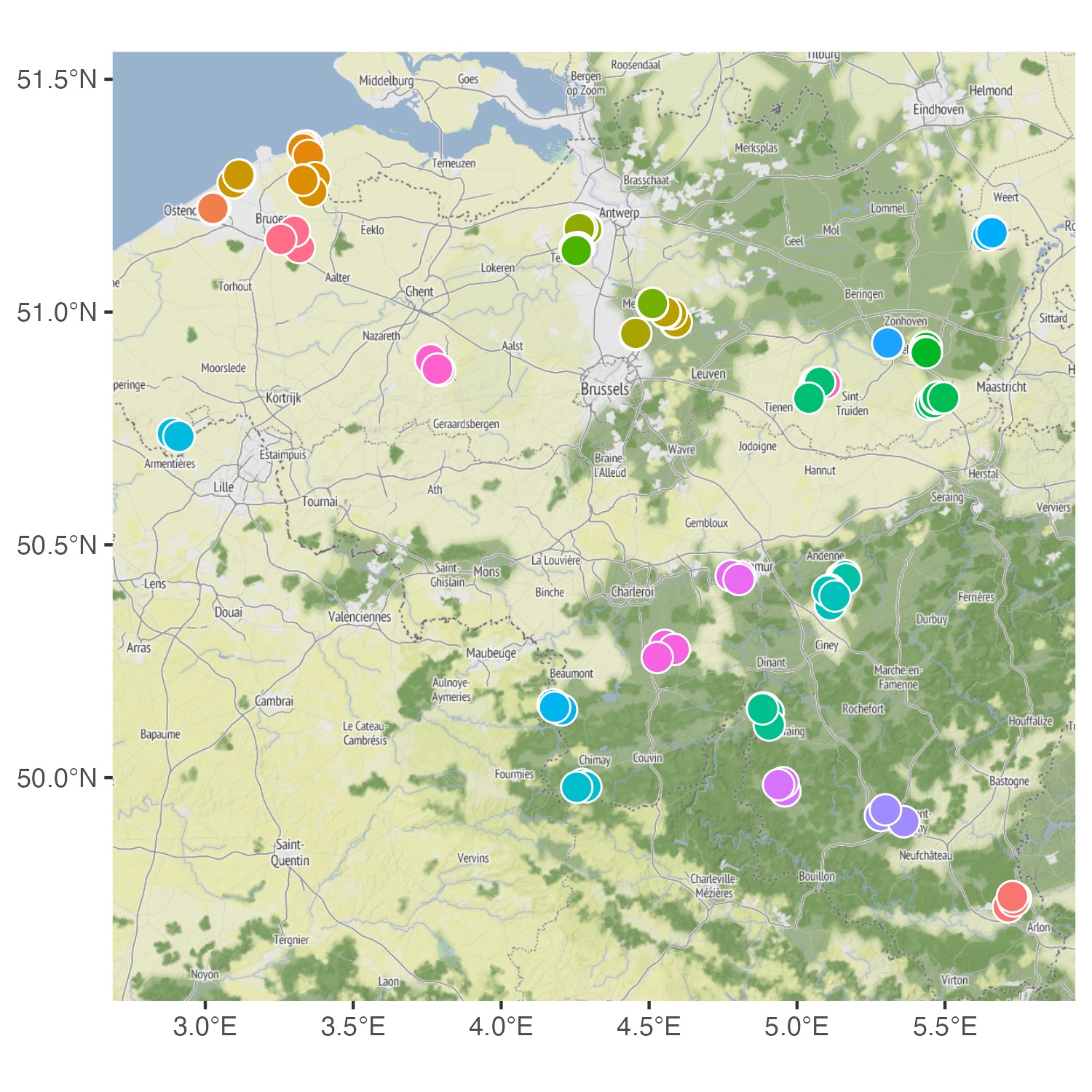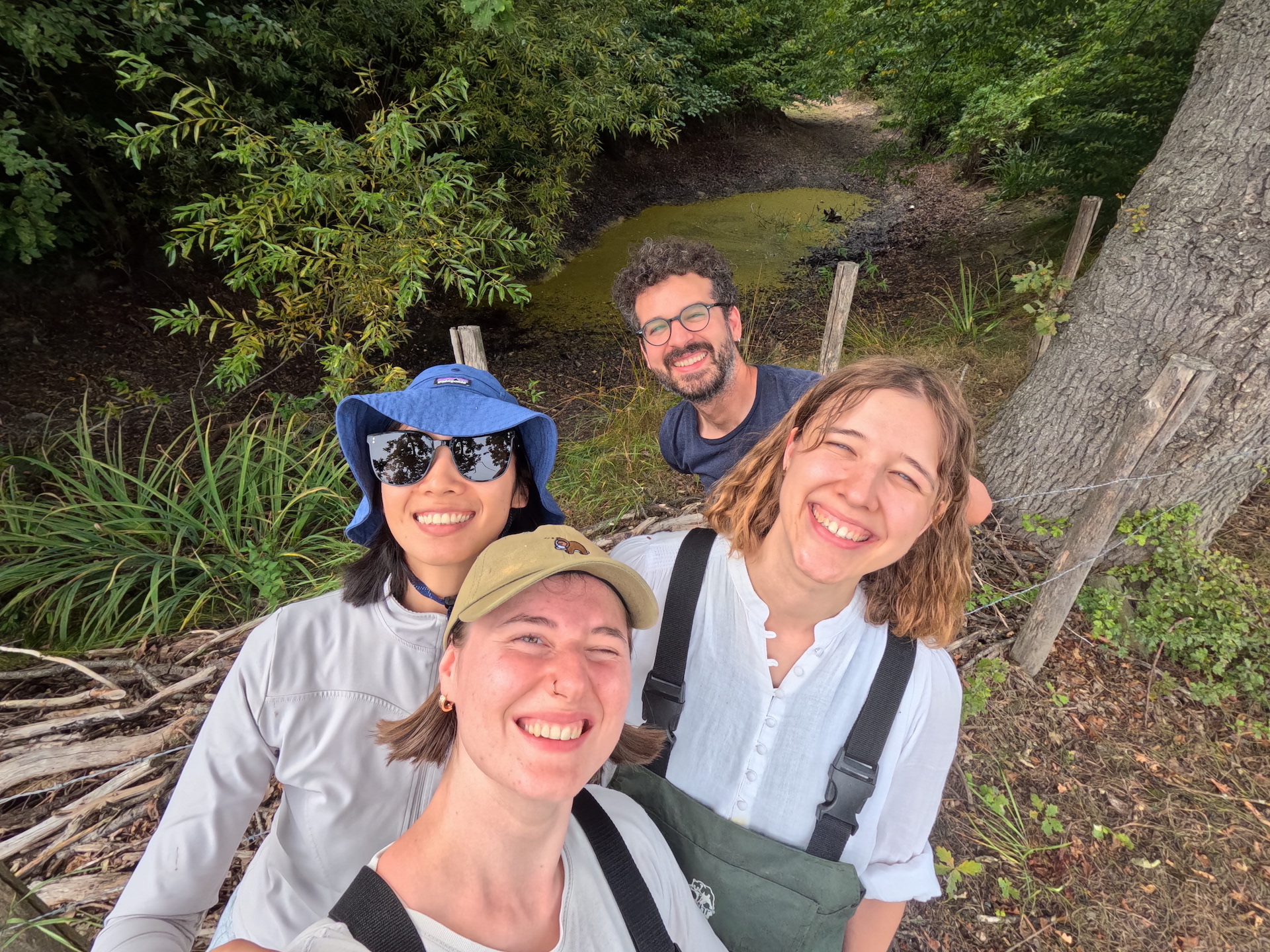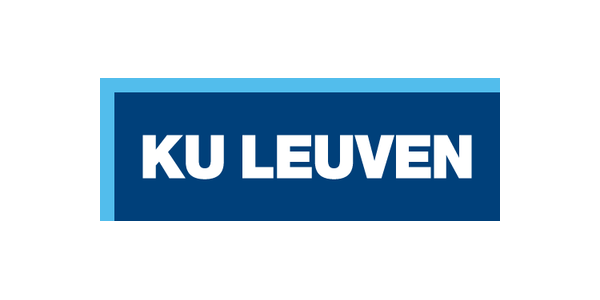As part of the ERC “MetaChange” Project, we are embarking on a resurvey campaign for one particular kind of metacommunity—zooplankton in small freshwater ponds and wetlands— resampling ponds that were surveyed 10+ years previously.
By resurveying pond clusters embedded in landscapes with different local and landscape-level contexts, we will look at how landscape and local changes interact to alter patterns of biodiversity across scales. We place emphasis on capturing different forms of change, such as changes in landscape features and local environments.
Image of a vial containing pond water with zooplankton
2025 Field Season
Minghua Shen sitting in a belly boat.
In the summer of 2025, we began our resurvey field campaign in Belgium, where we resampled ponds that were sampled by our colleagues at KU Leuven.
The sampling team, comprised of Minghua Shen, Alban Sagouis, Irina Kalmanova and Leonie Schilling and under the leadership and supervision of Prof. Jonathan Chase, spent a total of 6 weeks collecting samples from ponds across Belgium. They received additional support from hydrobiologists Yuhan He and Kanshun Zhao from the Faculty of Biological and Environmental Sciences at the University of Helsinki.
Due to the very seasonal nature of the zooplankton life cycle, it was important that sampling take place in July and early August in order to accurately replicate previous studies.
Belgium was chosen for this field season as there have been three different studies conducted in the past by scientists at the KU Leuven that documented the characteristics of the ponds and the zooplankton living within these ponds. Most importantly, the data that was then collected included data on how many of each species were present per unit of water (quantitative dta). This information is necessary in order to be able to assess change across time. Furthermore, the data that was collected as part of these studies included information about the pond water such as the temperature, pH, nitrogen and phosphates. This information gives scientists a basis of comparison to be able to assess changes that have taken place inside the pond.
Ponds were grouped into clusters of at least three in order to constitute metacommunities. In some cases, the clusters were comprised of ponds that were previously sampled at the same time. In other cases, clusters had to be created from ponds that constituted part of different historical sampling campaigns. This was due to many ponds having dried up or converted to farmland.
2025 turned out to be a historically dry summer, due to very little rain having fallen in the spring. When the team arrived in Belgium, they were surprised to find how many ponds had completely dried up. But while some ponds had clearly dried up this year, many had already been drying up and becoming overgrown over many years.
Ponds were grouped into clusters which spanned across Belgium.
Some ponds visited
The Sampling Team
Clockwise from top: Dr. Alban Sagouis, Leonie Schilling, Irina Kalmanova and Minghua Shen.
Collaborators
The Belgium pond resampling campaign is based on these studies:
The MANSCAPE project comprises species occurrence data of eight different organism groups (phytoplankton, diatoms, zooplankton, benthic chironomids, aquatic macro-invertebrates, macrophytes, amphibians and fish) and data on physical, chemical and morphometric variables of 126 small farmland ponds distributed over almost the entire Belgian territory. The samples were taken in 2003. You can view the dataset here: https://data.freshwaterbiodiversity.eu/ipt/resource?r=manscape
The TIPPINGPOND dataset represents a re-sampling of a subset of 61 MANSCAPE ponds in 2013. You can find out more about the study here: https://www.biodiversa.eu/2022/10/31/tippingpond/
The PONDSCAPE project conducted research on patterns of biodiversity and ecosystem functions in ponds at multiple spatial scales, and relates these to important factors and processes, such as succession, land use, pollution, pond creation and pond management. More about the study here: https://www.pondscape.be.
This project is conducted in collaboration with KU Leuven.
Funding
Funding
This project is part of ERC Advanced Grant 101098020 “MetaChange” awarded to Prof. Jonathan Chase.
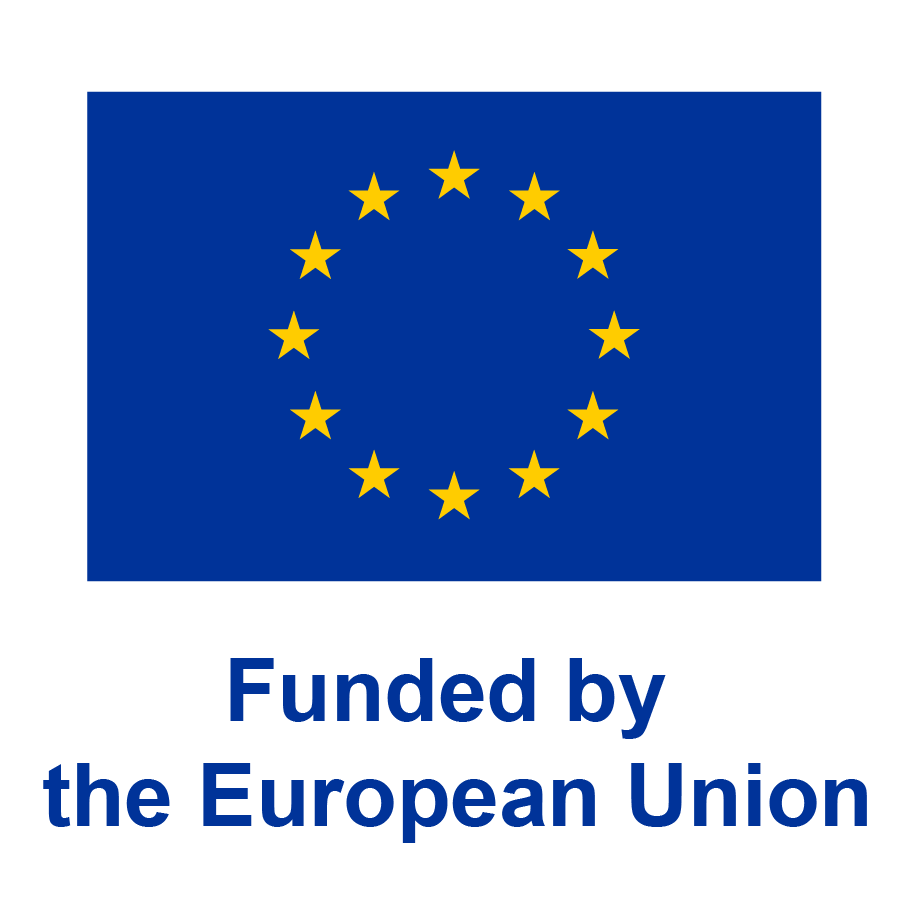

EU Funding Logo
Contact
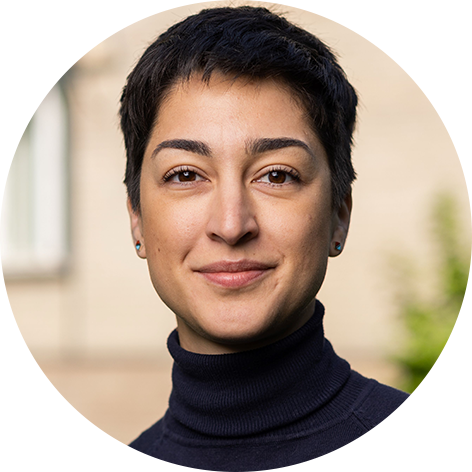
Martina Schliessler
Scientific Coordinator
Phone: +49 341 9739223
Email: martina.schliessler@idiv.de
Full profile
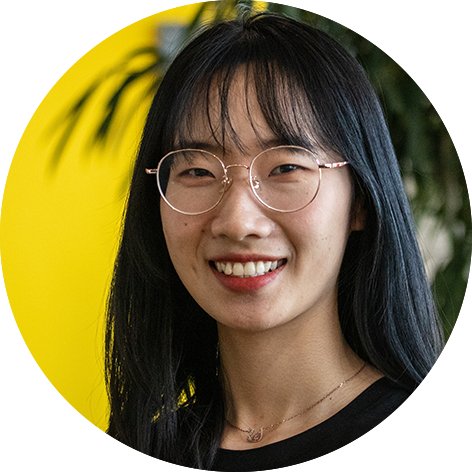
Minghua Shen
Doctoral Researcher
Phone: +49 341 9739161
Email: minghua.shen@idiv.de
Full profile
